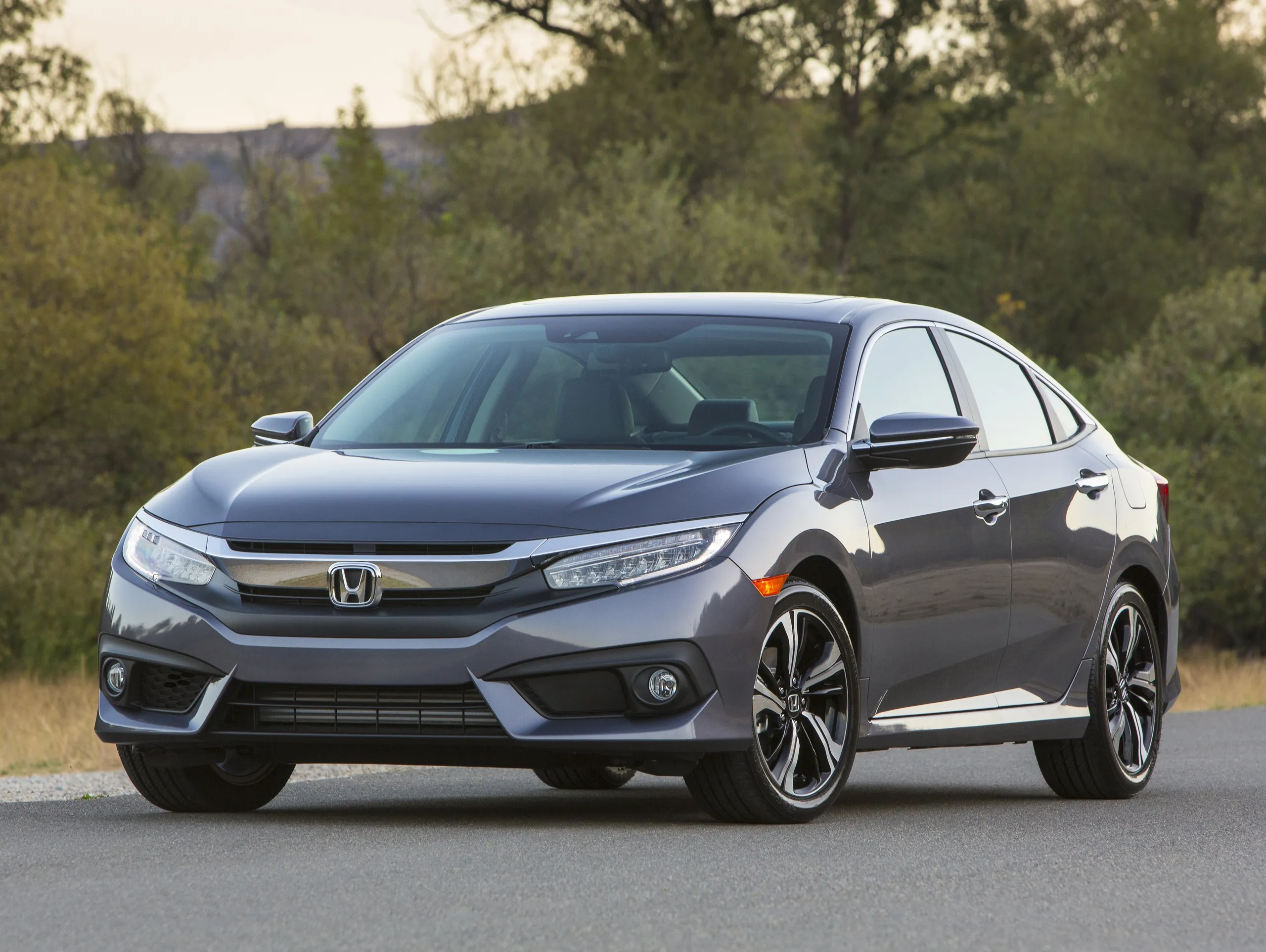When it comes to getting a new car, one of the biggest decisions is whether to lease or buy. Each option has its own set of benefits and drawbacks, and the choice largely depends on your financial situation, lifestyle, and long-term goals. Here’s a breakdown of the pros and cons of leasing versus buying a car to help you make the best choice.
Pros of Leasing a Car
- Lower Monthly Payments: Leasing typically requires lower monthly payments than financing a purchase, making it more affordable in the short term.
- Newer Cars with Latest Features: Leasing allows you to drive a new car every few years, so you can enjoy the latest technology, safety features, and styles.
- Warranty Coverage: Most leased cars remain under the manufacturer’s warranty, covering repairs and maintenance, which reduces out-of-pocket costs.
- No Long-Term Commitment: Since leases usually last 2-4 years, you have the flexibility to switch vehicles frequently without the hassle of selling.
- Keywords: Leasing, lower payments, new cars, latest features, warranty, maintenance, short-term, flexibility, commitment, switch.
Cons of Leasing a Car
- Mileage Limits: Leases come with mileage restrictions, often between 10,000 to 15,000 miles per year. Exceeding this limit can lead to costly fees.
- No Ownership: At the end of the lease, you don’t own the car, so you’re left without an asset or equity.
- Potential Wear-and-Tear Fees: Leasing companies charge for excessive wear and tear, which can add unexpected costs if the car isn’t returned in pristine condition.
- Ongoing Payments: Leasing means you’ll always have a monthly payment if you continue to lease, which can be more expensive in the long run.
- Keywords: Leasing, mileage limits, ownership, wear-and-tear fees, equity, unexpected costs, monthly payments, long-term.
Pros of Buying a Car
- Ownership and Equity: Once the loan is paid off, you own the car outright and can continue driving it without monthly payments, building equity in the vehicle.
- No Mileage Restrictions: Unlike leasing, buying a car means you can drive as much as you want without any mileage limitations.
- Freedom to Customize: As the owner, you have the freedom to modify or customize the car to fit your needs and preferences.
- Long-Term Savings: Although monthly payments may be higher initially, buying a car can be more cost-effective over time, especially if you keep it long-term.
- Keywords: Buying, ownership, equity, mileage, customize, preferences, long-term savings, monthly payments, cost-effective, freedom.
Cons of Buying a Car
- Higher Monthly Payments: Buying a car usually involves higher monthly payments compared to leasing, especially when financing a new vehicle.
- Depreciation: New cars lose value quickly, with significant depreciation occurring within the first few years of ownership.
- Repair and Maintenance Costs: After the warranty expires, repair and maintenance costs become the owner’s responsibility, adding potential expenses.
- Commitment to One Car: Buying a car involves a longer commitment, so you may be driving the same vehicle for many years, which may not appeal to those who enjoy frequently upgrading.
- Keywords: Buying, higher payments, depreciation, repair, maintenance, warranty, commitment, expenses, long-term, upgrading.
Leasing vs. Buying: Cost Comparison
While leasing may be cheaper month-to-month, buying can be more cost-effective in the long run if you plan to keep the car for several years. Leasing allows you to drive a new car with fewer upfront costs, but you won’t build equity. On the other hand, buying has higher initial expenses but provides ownership and a potential resale value. Consider both the short-term and long-term costs when making your decision.
- Keywords: Leasing, buying, cost comparison, monthly payments, upfront costs, equity, resale value, short-term, long-term, decision.
Leasing vs. Buying: Lifestyle Considerations
Your lifestyle and driving habits can help determine which option is better for you. Leasing is ideal for those who prefer new cars and drive within mileage limits, while buying suits those who drive frequently or need a car long-term. If you value the latest features and don’t mind monthly payments, leasing offers flexibility. Buying, however, is a better choice if you want to avoid ongoing payments and are looking for a long-term vehicle.
- Keywords: Lifestyle, driving habits, leasing, buying, new cars, mileage, long-term, flexibility, payments, vehicle.
Tips for Deciding Between Leasing and Buying
- Assess Your Budget: Consider your monthly budget and determine whether lower payments from leasing or higher payments from buying fit better.
- Consider Your Driving Needs: If you drive a lot, buying may be more suitable due to mileage restrictions in leases.
- Think About Vehicle Usage: Leasing is ideal if you enjoy frequently driving new cars, while buying is more practical for long-term use.
- Evaluate Your Financial Goals: Leasing might be more affordable short-term, but buying is often better for building equity and long-term savings.
These tips can help clarify which option aligns with your financial and lifestyle goals.
- Keywords: Budget, driving needs, leasing, buying, vehicle usage, new cars, financial goals, equity, savings, goals.
FAQs
1. Can you end a lease early?
Yes, but ending a lease early can result in penalties, which vary based on the leasing company’s policies.
2. Does leasing affect your credit score?
Yes, leasing affects your credit similar to a loan. Regular, on-time payments can positively impact your credit.
3. Can you buy the car at the end of the lease?
Many leases offer a buyout option at the end of the lease term, allowing you to purchase the car.
4. Is leasing better for short-term or long-term needs?
Leasing is generally better for short-term needs, while buying is more cost-effective for long-term ownership.
Conclusion
Deciding between leasing and buying depends on your budget, lifestyle, and long-term goals. Leasing offers flexibility and access to the latest features but lacks ownership. Buying allows you to build equity and avoid mileage restrictions, making it ideal for long-term use. By weighing the pros and cons of each option, you can choose the path that best meets your needs and preferences.









